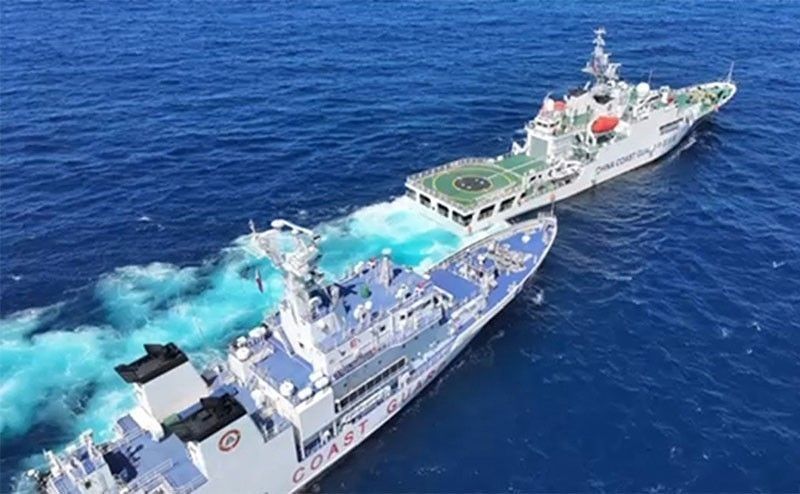BFAR: Foreign fishers using cyanide in Bajo de Masinloc

MANILA, Philippines — Chinese and Vietnamese fishermen were reportedly destroying corals and marine resources in Bajo de Masinloc (Panatag Shoal) by using cyanide to catch fish, the Bureau of Fish and Aquatic Resources (BFAR) said yesterday.
BFAR spokesman Nazario Briguera said that based on information gathered by the agency’s ground personnel, the illegal activity had already caused extensive damage within the lagoon area.
According to Briguera, Filipino fishermen reported witnessing the use of cyanide in the area by the foreigners.
“These fishers, as claimed by Filipino counterparts, purportedly aim to destroy Bajo de Masinloc, to prevent or discourage Filipino fishing boats from accessing the rich marine resources in the region,” he said.
He emphasized the gravity of such malpractice, saying it is wreaking havoc on marine resources, the effect of which is on the entire marine ecosystem.
“This compromises the integrity of the whole marine resources not only of the Philippines but including the waters of the other countries because our seas are connected,” he said.
He explained that the use of cyanide not only kills target fish species but also harms fish larvae and coral reefs.
He underscored the significance of corals as living organisms, emphasizing that poisoning fish also harms or even kills the delicate balance of the marine environment.
“When you use poison, not only will your target species die, but also the fish larvae, the corals themselves, the corals are alive, they are living creatures, the corals are not rocks,” he said.
Briguela also denounced the practice as a clear case of illegal, unreported and unregulated (IUU) fishing.
He said that if confirmed, the use of cyanide by Chinese fishers “would constitute a violation of international agreements, including the United Nations Convention on the Law of the Sea (UNCLOS).”
Briguera stressed that IUU fishing undermines the sustainability of marine ecosystems, not only in Philippine waters but globally.
In response to a question about the implications of such actions on Philippine sovereignty, Philippine Coast Guard spokesman to the West Philippine Sea Jay Tarriela said destruction of marine environment is not only a threat to sovereignty but a crime against humanity as well.
It will take years or even decades before those corals will be revived, he said, “and it’s not just the Philippines that is going to be affected.”
He warned that persistent destruction of marine resources by any nation, including China, would have far-reaching impact on the entire West Philippine Sea and global marine biodiversity.
He also called for the need for documentation and legal action against violators.
Meanwhile, marine science experts are pushing for a whole-of-community approach to protect the marine environment in the West Philippine Sea amid continuous destructive activities by some states.
“The commitment to secure the territorial waters is not only limited to implementing the national security strategy but also extends to protecting the marine environment. To fulfill this commitment, the country must take a whole-of-community or a whole-of-Philippine society approach, including the government, private sector and civil society organizations,” Stratbase Institute president Dindo Manhit said at a forum on Thursday organized by the Stratbase Institute, in partnership with the Japanese embassy.
- Latest
- Trending






























